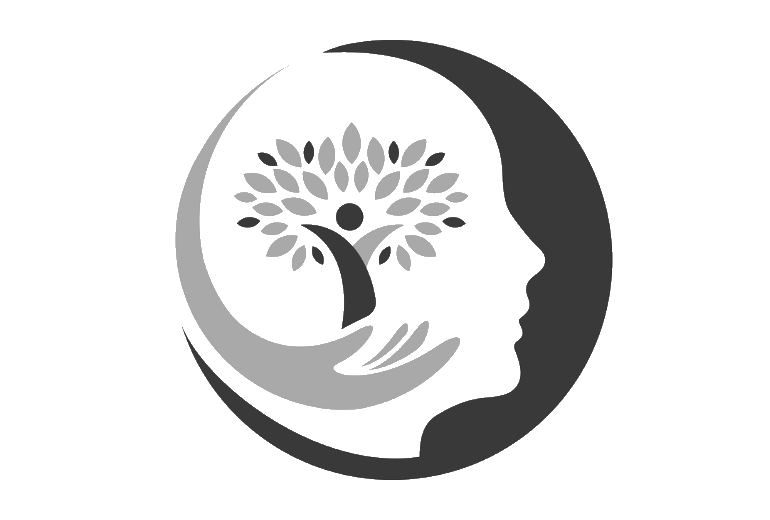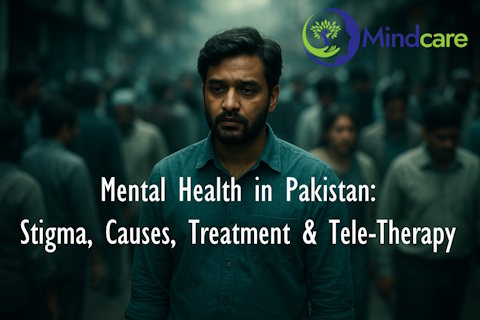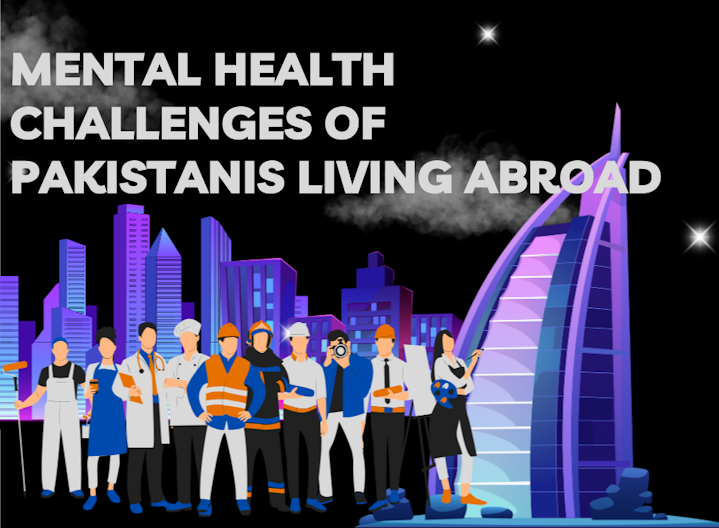Published: October 30, 2025 | Source: UCP TV
The Department of Psychology, University of Central Punjab (UCP) recently hosted a special UCP TV talk show titled
“Mental Health, Human Dignity and Climate Change: Mitigating Global Psychological Risks.”
The discussion served as a pre-conference conversation ahead of UCP’s upcoming
International Conference on Mental Health, Human Dignity, and Climate Change.
The show was hosted by Ms. Arooba Amjad, Lecturer in Psychology at UCP, and featured three esteemed international guests:
- Dr. Evelin Lindner – Founder and President of Human Dignity and Humiliation Studies, and Nobel Peace Prize nominee.
- Dr. Beate Seibt – Professor of Psychology at the University of Oslo, Norway, known for her work on the emotion kama muta (“being moved”).
- Dr. Abdul Kalam Azad – Associate Professor of General Education at Manarat International University, Bangladesh, with training in Peace and Conflict Studies from the UN University for Peace.
Key Themes and Insights from the Discussion
Dr. Evelin Lindner – “Dignism” and Ending Cycles of Humiliation
Dr. Lindner introduced her concept of Dignism — a vision of a world where every living being is nurtured to unfold their potential within a culture of
loving appreciation and connection. She explained:
“Dignism describes a world where every being, human and nonhuman, finds space to unfold within a social context of loving appreciation and connection.”
She highlighted that global cooperation is possible today due to technology and shared knowledge — but only if humanity can overcome cycles of humiliation and rebuild global trust.
Her message was both powerful and personal:
“Your smog is the result of systemic humiliation. I personally apologize for that… Dignism means ending cycles of humiliation of the past and preventing new ones from emerging.”
She also praised South Asia’s philosophical depth, especially its heritage of non-dualism, calling it a rich resource for building a dignified and sustainable world.
Dr. Beate Seibt – The Power of Connection Through “Kama Muta”
Dr. Seibt discussed the emotion of kama muta — the feeling of being moved by shared humanity — and its role in driving pro-environmental behavior.
Her research demonstrates that emotional connection can motivate real-world action against climate change.
“When people feel moved by others’ suffering — for instance, hearing a story of a climate victim — they become more willing to act, both personally and politically.”
She emphasized that both grassroots action and systemic policy change are essential, advocating for a “polycentric” approach where
communities self-organize to protect the environment.
Her message was inspiring and hopeful:
“Yes, we can do something. We also need regulations from the top — but everyone can start in their own community.”
Dr. Abdul Kalam Azad – Peace, Faith, and Global Responsibility
Dr. Azad spoke from an Islamic and humanitarian perspective on peace, equality, and stewardship of the Earth. He emphasized that conflict is part of life,
but violence is a choice — and faith calls humanity to compassion and justice.
“Allah created us to live peacefully and to take care of this earth as its guardians — but we humans create conflict and discrimination through greed and humiliation.”
He urged people to share knowledge, resources, and kindness across nations, reminding the audience that environmental destruction is a human-made problem
— and that cooperation can restore balance for future generations.
Closing Reflections and Call to Action
As the session concluded, all three guests expressed hope for deeper global cooperation through empathy, dignity, and peace.
Dr. Lindner encouraged South Asians to be proud of their cultural heritage and to take global leadership roles,
while Dr. Seibt and Dr. Azad emphasized the importance of collaboration between psychology, spirituality, and sustainability.
The show closed with Ms. Arooba Amjad thanking the guests and inviting them — and the audience — to the upcoming international conference at UCP.
Watch Full Discussion
📺
Mental Health, Human Dignity and Climate Change: Mitigating Global Psychological Risks | UCP TV




